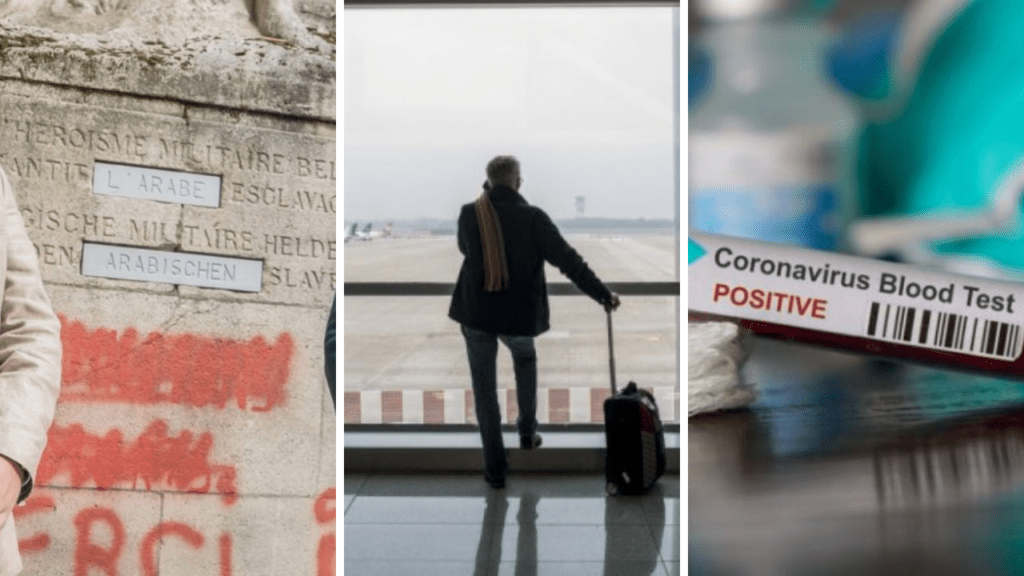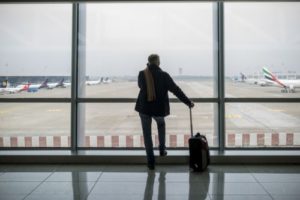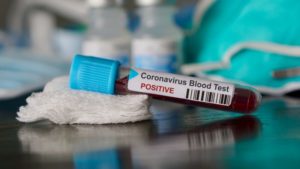Following rising figures reported in various parts of Europe, Belgium was faced with a difficult choice as it tried to prevent a second wave of infections within the country.
On Monday morning, the news was clear: Despite several countries in Europe tightening restrictions or imposing local lockdowns again, Belgium has no federal framework in place to make sure returning travellers are coronavirus-free before getting back in society.
By Monday evening, things had developed: Belgium will treat travellers returning from a country or region where the coronavirus measures have been tightened again in the same way as high-risk contacts of infected people. They will be tested and quarantined.
Progress, but with a caveat.
While this plan is fairly clear cut at a regulated point of entry, it becomes a lot harder to keep track of with people driving back. That, The Brussels Times has learned, is the next challenge - so watch this space.
With so much information, and so little time to catch up before it potentially changes again, here are some of the top stories from around the country to get you up to speed.
Belgium in Brief is a free daily roundup of the top stories to get you through your lunch break conversations. To receive it straight to your inbox every day, sign up below:
1. Belgium keeps borders closed to travellers from EU’s 15 safe countries
Belgium will not open its borders to travellers from the 15 countries that were on the EU white list from 7 July, the country’s core cabinet decided on Monday.
The European Union recommended to its member states that they could lift travel restrictions for 15 countries from 1 July, but every country could set up their own timeline to (partly) adopt the EU decision. Read more here.
2. Belgium will quarantine arrivals from high-risk countries
Belgium will treat travellers returning from a country or region where the coronavirus measures have been tightened again in the same way as high-risk contacts of infected people, the Risk Management Group decided on Monday.
This means that returning travellers will be tested and placed in quarantine for a maximum of two weeks. At the moment, however, it is not yet clear how this will be worked out in legal and practical terms. Read more.
3. Coronavirus: new hospitalisations decrease by 5% in Belgium
An average of 81.7 people per day tested positive for the new coronavirus (Covid-19) in Belgium, according to figures by the Federal Public Health Service on Tuesday.
The total number of confirmed cases in Belgium, since the beginning of the pandemic, is 62,058. The total reflects all people in Belgium who have been infected, and includes confirmed active cases as well as patients who have since recovered, or died from the consequences of the virus.
All trends continue to decrease, according to the authorities. Read More.
4. Spanish antibody study casts doubt on chances of herd immunity
A persistent theory that herd immunity could be a feasible way to tackle the coronavirus has had a substantial knock after a new Spanish study cast doubt on the idea.
According to the study of 61,075 people in 35,883 randomly selected households throughout the country, roughly 5% of the Spanish population has developed antibodies. This stops far short of the 70% to 90% of a population required in order to achieve herd immunity. Read More.
5. Word ‘Arab’ removed from Brussels monument after far-right ‘restores’ it
Authorities have removed the word ‘Arab’ from a monument in Brussels, reversing a move by far-right party members to “restore” it by reinscribing it back on the memorial last week.
The Buildings Agency said that it will not be filing a complaint after two figureheads of far-right party Vlaams Belang (VB) last week put the word ‘Arab’, in Dutch and French, back on the monument. Read more.
6. 2 in 3 early Covid-19 tests show false negative, study shows
Testing people infected with the new coronavirus (Covid-19) too early in the course of the infection is likely to lead to a false-negative test result, a recent study shows.
Johns Hopkins researchers estimated that people that were tested for the virus in the four days after infection were 67% more likely to test negative, even if they had the virus, by reviewing RT-PCR (reverse transcriptase polymerase chain reaction) test data from seven prior studies.
When the average patient began displaying symptoms of the virus, the false-negative rate was 38%. Read more.
7. Diesel price will increase from Wednesday
Refuelling with diesel (B7) will be more expensive again from Wednesday 8 July. For the nitty-gritty, click here.
Jules Johnston
The Brussels Times




